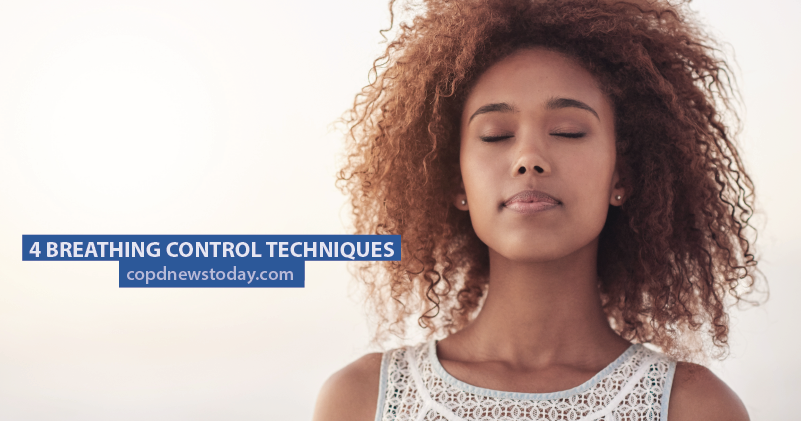4 Breathing Control Techniques
Written by |

Breathing control techniques are useful if you suffer from a chronic lung disease as they enable you to overcome sudden bouts of breathlessness and reduce how often it happens. We’ve listed four types of breathing control techniques you could try based on information from the British Lung Foundation.
Discover some tips for coping better with COPD.
To get the best results, you should practice breathing control techniques on a daily basis. They can be done in a variety of positions depending on your preference: standing and leaning forward using something like a chair or countertop to support yourself, sitting and leaning forward while resting your knees on your elbows, sitting forward and leaning on a cushion or pillow at a table, or standing and leaning backwards or sideways against a wall.
Relaxed slow deep breathing: Ensure you feel calm and relaxed while performing this breathing control technique. Gently and slowly inhale through the nose and then exhale through both the nose and mouth.
Breathing with pursed lips: Slowly inhale gently through the nose and then exhale through pursed lips (as though you were whistling).
Blow as you go: This is a useful technique to help when doing something physical which makes you breathless like standing. Inhale before you begin to stand and then exhale while performing the maneuver. You can also breathe out using pursed lips if you prefer.
Paced breathing: This breathing control technique can help when you’re doing something physically exerting such as going up stairs. Pace your breathing so that it works in time with the movement, for instance, breathe in when you’re on the step and then out when you climb to the next one.
Discover 10 facts and myths about COPD.
COPD News Today is strictly a news and information website about the disease. It does not provide medical advice, diagnosis or treatment. This content is not intended to be a substitute for professional medical advice, diagnosis, or treatment. Always seek the advice of your physician or another qualified health provider with any questions you may have regarding a medical condition. Never disregard professional medical advice or delay in seeking it because of something you have read on this website.




